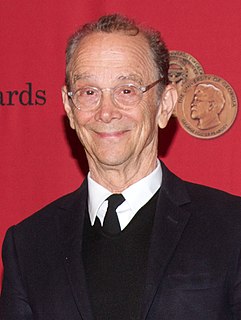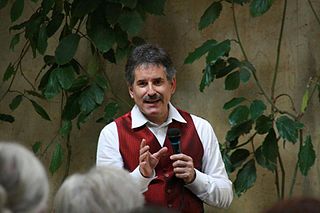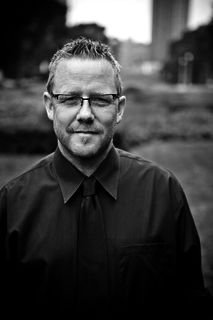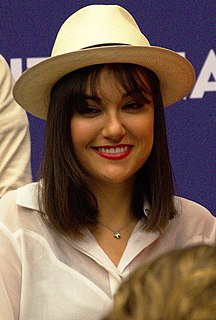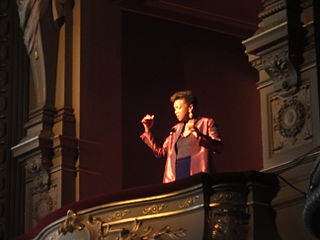A Quote by Joel Grey
The fundamental job of the actor is to tell about the human condition, to be a voice for the truest ideas and deepest emotions.
Related Quotes
One cultivates spaciousness or awareness which allows you to acknowledge the emotions and see them as part of the human condition. Emotions are like subtle thought forms and they all arise in response to something outside yourself. They are all reactions. You cultivate a quietness in yourself that watches these emotions rising and falling and passing away.
There's something great about being a really young actor because you don't have a chance to be nervous. You don't know anything yet. Whereas one of the big challenges as you go through - I've been doing acting professionally for 10 years now - is to not let all the things that you know hold you back and make you more nervous. Once you've had a few people tell you that they don't like your ideas, that voice in your head can creep in that says, "Don't tell them what you think."
